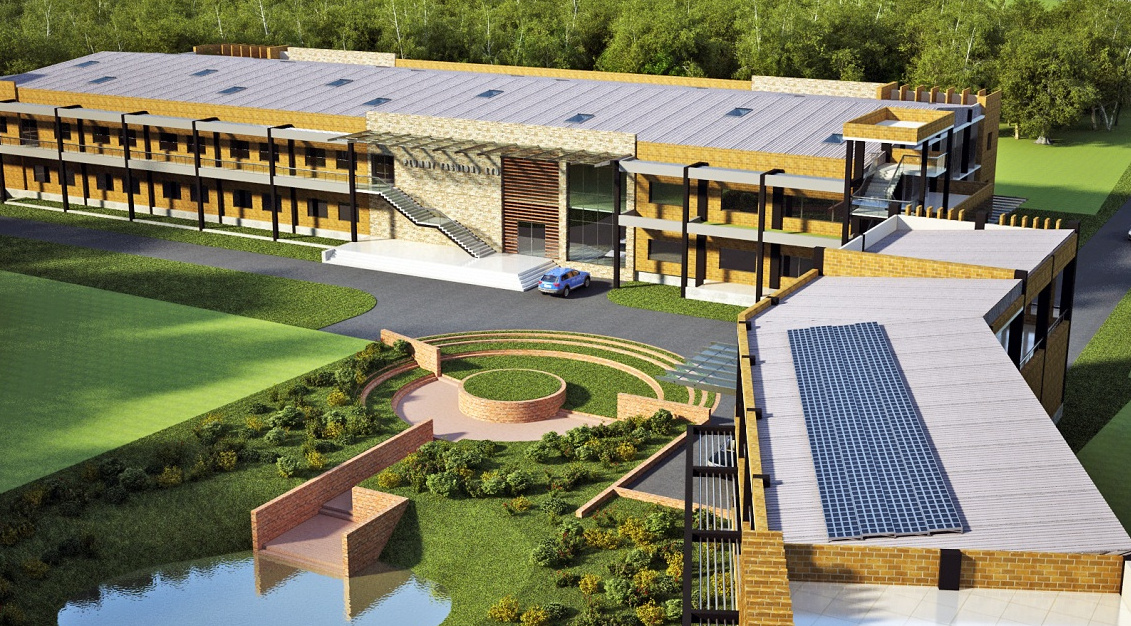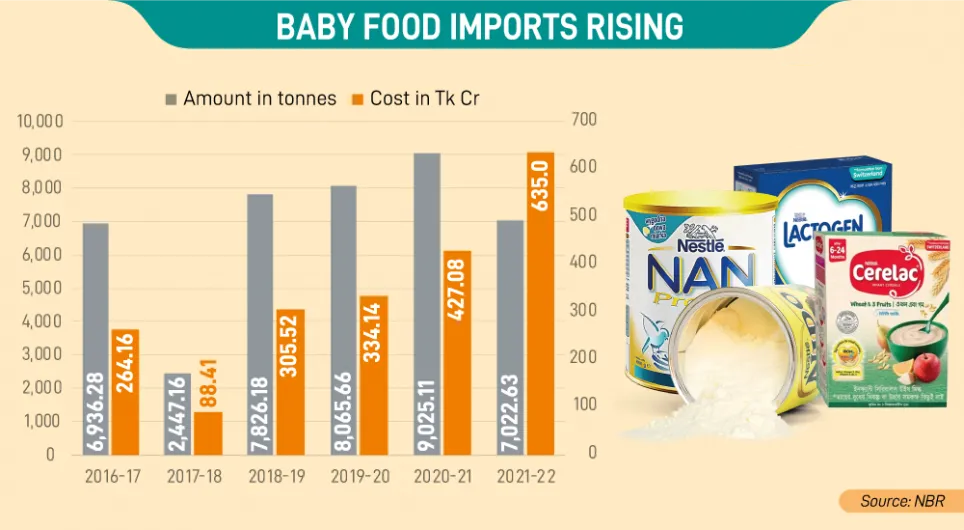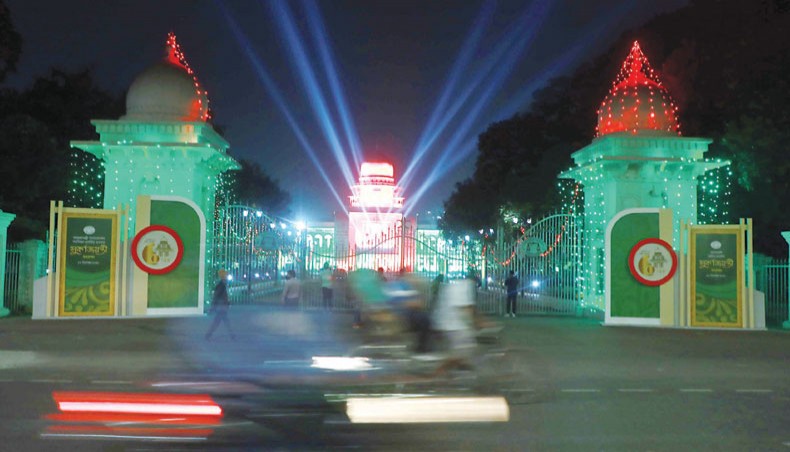Bangladesh has become the role model across the world in building environment-friendly factories that give a welcome fillip to others.
Experts articulated the opinion that the garment and textile sector of Bangladesh has reached a unique height by setting up eco-friendly factories.
It is unfortunate that we have only one frailty and that is in branding although we are the leader in eco- friendly factories, they mentioned.
If we can work collectively in branding, the country can have several times more export earnings than at present, they said.
Of the 27 green industrial establishments in the world that are ranked in the top ten, 14 are garment and textile factories in Bangladesh.
Besides, there are three factories in India and two in Taiwan while Pakistan, Sri Lanka, Poland, Mexico, UAE, Italy, Indonesia and Ireland have one factory each at the top ten.
Bangladesh is the second top readymade garments (RMG) exporting country with the highest number of green RMG factories in the world, market analysts said.
They said this sector contributed almost 85 percent of the total export earnings for the country, which has a huge impact on its socio-economic development, eventually considered as the main driver for sustainable development.
Green garment industrialization is a bold demand from different stakeholders as well as a proper initiative to achieve sustainable industrial progress, they mentioned.
Garment owners are mainly motivated towards green garment for environmental safety, safe working place, less energy consumption and factory reputation although there are many challenges including huge infrastructure cost, high maintenance cost and lack of financial support without any incentives or proper assurance from the government and buyers, they said.
The analysts said the collective efforts from the producers, buyers, international agencies and government can make this sector green and sustainable.
Regarding the success of eco-friendly factories, Rubana Haq, President of Bangladesh Garment Manufacturers and Exporters Association (BGMEA), said, “Buyers did not force us to set up eco-friendly factories. Entrepreneurs have done the work of their own accord. As a result, it is, at least, a source of pride for us.”
Although we have more eco-friendly factories, the buyers are not paying the price accordingly, she added.
Mohammad Hatem, vice president of Bangladesh Knitwear Manufacturers and Exporters Association (BKMEA) said, “After the Rana Plaza collapse, we have had to work on many issues under pressure from entrepreneurs.”
However, entrepreneurs have taken the initiative to set up environment-friendly factories, he said adding, as a result, we are proud to be one of the world's leading eco-friendly industries.
Mohammad Hatem added, “We are far ahead of any other competing country in setting up eco-friendly garment and textile factories." As a result, it is possible to brighten the image of our industry by branding eco-friendly factories before the world.”
It is unfortunate that we have lapses in branding, he said, adding that it is very good if we can work collectively in the field of branding.
Entrepreneurs said eco-friendly installations usually cost 5-20 percent more than in other installations.
However, long-term benefits are available even if you spend extra, they added.
In compliance with US Green Building Council (USGBC) conditions, construction materials must be used to reduce carbon emissions, they mentioned.
The USGBC has a certificate of eco-friendly installation called 'Lead'. The full form of Lead is Leadership in Energy and Environmental Design.
Entrepreneurs said there is an obligation to use sunlight, energy saving lamps and solar power to reduce electricity consumption.
In order to reduce the use of groundwater, rain water has to be conserved as well as recycled by processing water-efficient taps and used water, they added.
Besides, there are rules to keep adequate open space in the installation, they informed.
Eco-friendly installations can reduce electricity consumption by 24-50 percent, carbon emissions by 33-39 percent and water by 40 percent, they mentioned.















